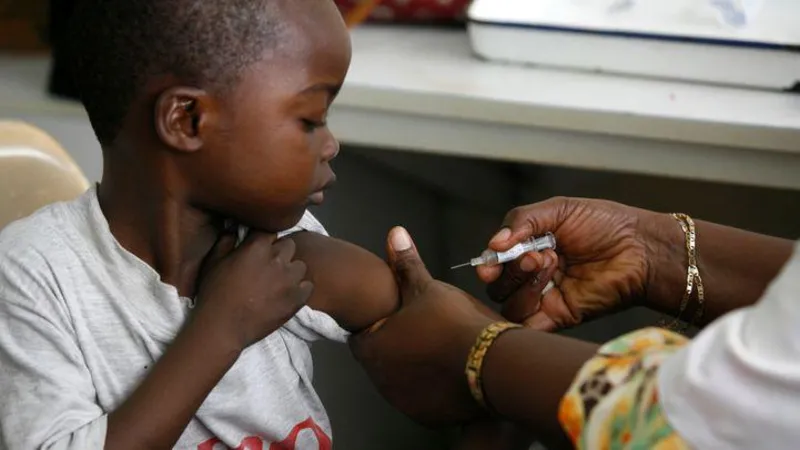By Gom Mirian
The United Nations Children’s Fund (UNICEF), has called on the government and other stakeholders to exploit the opportunities digitalisation offers for learning and development of Nigerian children.
This comes as Nigeria joins the rest of Africa to commemorate the day of the African Child’s Day with the theme: “The Rights of the Child in the digital environment.”
In a statement issued by the UNICEF Representative in Nigeria, Cristian Munduate, the agency lamented that the disruption to education by school attacks has meant millions of children have significantly missed out on learning, noting that about 10 million children are not in school at the primary level.
Munduate added that attacks on schools and the abduction of learners exacerbate these challenges, as parents have become fearful of sending their children to school.
The statement further disclosed that UNICEF had last year collaborated with the Federal Ministry of Education to launch the Nigeria Learning Passport (NLP), an online, mobile, and offline digital learning platform powered by Microsoft that enables continuous access to 15,000 curriculum-aligned learning and training materials in local languages for learners, teachers and parents.
It said this was to bridge the access to quality learning opportunities, adding that since its inception, the Nigeria Learning Passport has provided access to quality teaching and learning resources to 280,000 learners, teachers, parents and young people.
Munduate noted that the education sector in Nigeria faces many challenges, including access to quality learning inhibited by low domestic spending on education, resulting in limited school infrastructure and qualified teachers, high levels of poverty, and social norms not supportive of education, especially for girls.
“Digital technology provides us with a platform to innovate and seeks ways for inclusive quality education for all children. I urge all stakeholders in the education sector to adopt and take the Nigeria Learning Passport to scale to reduce the number of children not receiving any education in Nigeria. It will also improve foundational literacy and numeracy”, she said.

